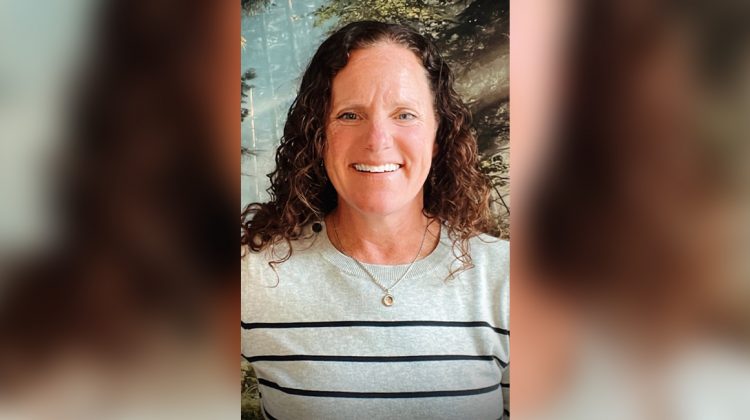SWAMPSCOTT — Many in town are committed to breaking the stigma surrounding substance abuse and recovery, including Michelle Simons, the new Opioid Settlement Funds Program contractor.
Simons sat down on Friday afternoon to elaborate on the responsibilities and goals of her new role and shared some ambitions she has for increasing dialogue and public support for those struggling with substance abuse.
“I’m a person in long-term recovery. I came back to Lynn around the end of 2000, so I’ve been in recovery for about 24 years,” Simons explained. “I’ve pretty much worked in all levels of substance abuse except for detox. I put myself through school and ended up getting a Master’s in counseling.”
She added that she was first introduced to peer recovery work around 2017 through North Shore Community College, where she was offered the chance to run the college’s Recovery Coach Academy. “But I’ve always conducted myself as a peer, even with my experience, to support others.”
Simons said that one of the biggest problems of tackling the issue of substance abuse in a town like Swampscott is the sense of stigma that hangs over the problem like a storm cloud. “The gaps in services vary very differently from town to town,” she said. “What I see in Swampscott is that the problem is a little more hidden; people are more careful with who they share their information, so maybe enough people don’t know about the resources.”
She recalled how, during her time of struggle, her parents felt lost due to a lack of available resources. She also added that the internet is clogged with ads detailing overly-expensive addiction treatments that often lead nowhere. “You’re gonna get all these high-priced ads that promise you cures, so it’s still very difficult these days to navigate treatment, and to know what type of treatment people actually need.”
Simons’ role, she said, is to help navigate the addiction treatment and support struggling individuals, as well as help them connect with resources for further assistance. If residents choose, they can go directly to the town’s website for available resources if they feel they’re not yet ready to talk to a professional directly.
Different towns and cities have been handling the issue differently, according to Simons. “You can walk around Lynn, and you’ll see resources for people more frequently; with Swampscott, it’s not that easy. The resources aren’t as readily available for people.” A big part of her work is centered around not just support but also making sure public discourse about the issue is more commonplace as the problem continues to grow.
Figuring out how to navigate the many complexities of substance abuse is an element of care that not all medical experts are equipped to handle, in Simons’ opinion. “A professional might know that a person needs help, needs recovery, but to really know the intricacies is not an easy thing to navigate, so I’m grateful this is something I’ve dealt with for the last 24-plus years.”
Simons noted some of the outreach work that’s been done to spark conversations. In the past, they held educational programs designed to teach community members more about the underlying issues of substance abuse, as well as programs with the local schools, where an information booth was set up for students to learn more information.
She also shared a message for anybody throughout the community who may be struggling to speak up. “Don’t be afraid to reach out and ask for help,” she said. “It’s probably one of the most freeing things that a person can do.”
Currently, the town has received up to $226,000 in support of substance abuse prevention, and it anticipates receiving further funding in the future, according to the town’s website.

